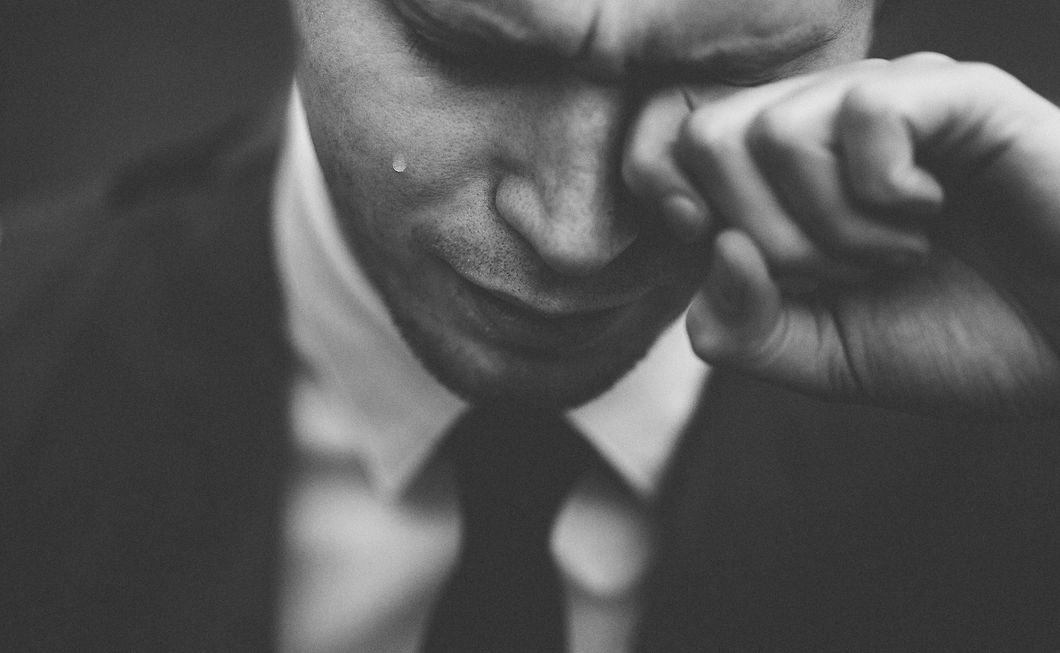"Suicide."
Cue the sweep of silence draping the room, people's minds instantly sobering. It's scary and not at all fun to even think about, let alone talk about. But let's talk about it now.
There's been so much discussion surrounding the Netflix original, "13 Reasons Why," about whether the show is helpful in sparking conversation or harmful in its perceived glorification of suicide. Personally, I've seen both seasons, crying with each of the characters as I watched their struggles play out on screen. I found myself relating to the high-schoolers and concluded that whether "13 Reasons Why" glorifies suicide or not, it's bringing attention to the subject. Attention that is desperately needed because the suicide rate is on the rise, and it doesn't look like it's stopping in the near future.
From Robin Williams to Kate Spade to Anthony Bourdain to the countless other individuals who have lost the battles with their demons, I understand. I cannot say I know exactly what their pain felt like, but I too have had my share of demons. And I know that it was hard. Fighting is hard.
What makes these battles even harder is that mental illness is so stigmatized in the United States. It was so easy for me to go to the doctor and talk to him about my knee pain when I sprained my MCL, but the fear of judgment and social rejection made it so much harder for me to talk to a counselor about my mental health. I thought I was strong enough to fight through on my own because my internalized pain would be easier than dealing with what others would potentially think of me.
But now, looking back, I would never fight through the pain of my knee individually, so I should never have thought for a single moment that it would be logical to do so with the pain within my mind. The internalization of mental health struggles is not healthy at all, and though it hasn't for me, for others it can turn deadly.
I'm not a mental health professional, and I'm not qualified to treat someone with suicidal thoughts. However, I am aware of the warning signs, and I can direct people to resources that will help them more than I can. The best that I can do is broadcast this knowledge so that others will be able to help as well.
I do hope that we can get better at both viewing mental illness as we do physical illness and being able to spread suicide awareness so that everyone is capable of helping another in a time of crisis. Perhaps when we improve, we will notice the rate begin to turn the other direction and begin to decrease.
If you or someone you know is thinking about suicide, contact the National Suicide Prevention Lifeline at 1-800-273-8255, text HOME to 741741 or visit the National Suicide Prevention Lifeline online here.
- Mental Health Needs To Be Addressed In Schools ›
- 4 Things Kate Spade's suicide teaches us about the importance of ... ›



















